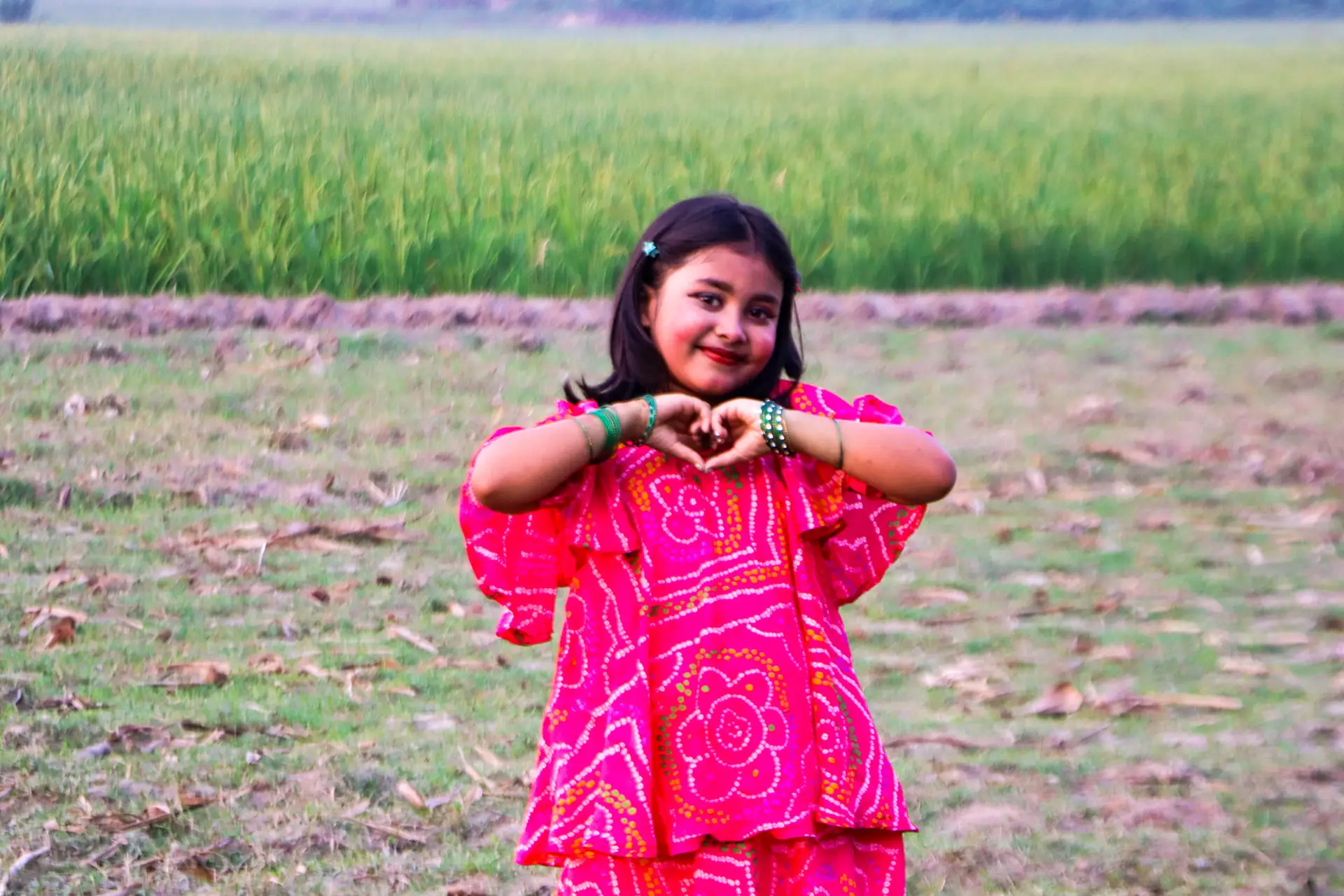Understanding Children, Their Rights, and Why They Matter

Children are the heart of every nation’s future. Their protection, growth, and active involvement in society are crucial for building a just, equitable, and thriving world. Across the globe, societies recognise that children have unique needs and immense potential, and protecting their rights is essential. In this article, we explore the definition of a child, the importance of child rights, and why upholding these rights is vital for sustainable development and peace.
Who is a Child?
A child is widely recognized as any human being under the age of 18 years. This standard is accepted across various cultures and legal systems, setting a global foundation for the special protection and care children require. Childhood is a formative period, demanding nurturing, education, guidance, and safe environments for healthy development.
According to the United Nations Convention on the Rights of the Child (UNCRC),
This universal definition ensures that children worldwide receive the protection and support they need during their most critical years.
Child rights are the fundamental rights and freedoms that every child is entitled to from birth. These rights are essential for ensuring that children survive, grow, develop, and actively participate in their communities. They apply equally to every child, irrespective of nationality, gender, ethnicity, or social background.
The framework for child rights is built around four core principles:
- Non-discrimination: Every child must be treated equally and fairly, without any bias.
- Best interests of the child: The well-being of the child must be a primary consideration in all decisions affecting them.
- Right to survival and development: Children must have access to basic needs and opportunities for physical, mental, emotional, and social growth.
- Respect for the child’s views: Children have the right to express their opinions and participate in decisions that impact their lives.
Key Areas of Child Rights
While the UNCRC outlines 54 articles detailing children's rights, they can be broadly categorised into four main areas:
1. Right to Survival
Every child has the right to life and the essentials for survival, including nutritious food, clean water, adequate shelter, and access to quality healthcare.
2. Right to Development
Children have the right to education, recreation, cultural experiences, and access to information, enabling their cognitive, emotional, and social development.
3. Right to Protection
Children must be shielded from all forms of violence, exploitation, abuse, neglect, and harmful practices.
4. Right to Participation
Children have the right to voice their opinions, be heard in matters affecting them, and actively engage in their communities and societies.
Importance of Protecting Child Rights
Respecting and promoting child rights is not just a legal requirement—it is a moral responsibility. When children's rights are protected, they are more likely to live safe, healthy, and empowered lives. They grow up to be responsible citizens who contribute to peaceful, resilient societies.
Upholding child rights means ensuring children have access to education, healthcare, safety, and opportunities to reach their full potential. It requires the collective efforts of families, communities, governments, and organisations working together to create supportive environments where children can thrive.
To sum up, Children are not just future adults; they are individuals with unique needs, dreams, and voices that matter today. Recognising, respecting, and upholding their rights is fundamental to building a better world for all. By investing in children's welfare, protection, and empowerment, we lay the foundation for a stronger, fairer, and more compassionate future for generations to come.